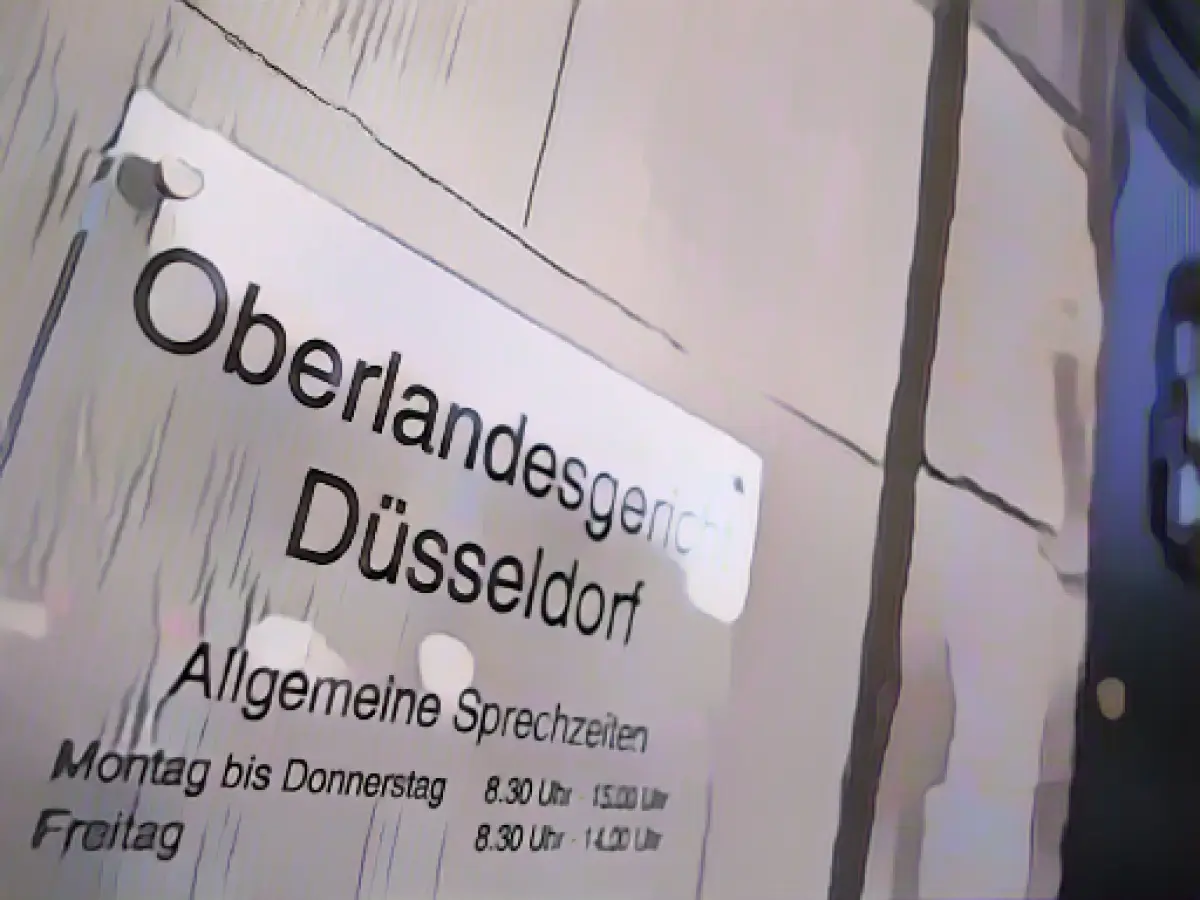Battle Over Sweet Deals: Confectionery Manufacturers Hit with Fines
The long-running legal tussle surrounding a group of candy manufacturers' alleged collusion has come to an end. On Tuesday, the Higher Regional Court of Düsseldorf announced their decision, ordering Bahlsen to shell out approximately 3.56 million euros for sharing confidential information contrary to antitrust regulations. Griesson de Beukelaer and CFP Brands were also ordered to pay 2.25 million and 0.45 million euros respectively. Initially, the court had considered imposing higher fines, but the companies reached a settlement prior to the verdict.
The dispute arose from the sharing of information about negotiations with retailers within the confectionery industry's working group between 2006 and 2008. This information exchange was found to be in violation of antitrust regulations.
Back in 2013, the Federal Cartel Office levied penalties against eleven confectionery manufacturers for various infractions. Some of the corporations filed appeals, causing the controversy to escalate in the courts for several instances. With this recent ruling (case number V-6 Kart 9/19 OWi), the last three companies involved have now had their day in court. Although the decision is not yet legally binding, considering the preliminary agreement between the parties, it's unlikely that the decision will be contested further.
A Bahlsen spokesperson highlighted that the charges of price manipulation had been dropped. "The reason behind the current fine stems primarily from the information exchange within the confectionery industry, which was mostly employed to avoid unlawful demands from retailers," she stated.
Additional Insights
While the legal dispute has seemingly reached its conclusion, the impact of the 'Confectionery cartel' on competition within the German food industry, specifically in North Rhine-Westphalia, remains controversial.
- Antitrust Violation Penalties:
- Events such as the "Confectionery cartel" investigation and subsequent penalties reinforces the importance of adhering to antitrust laws within Germany's food industry. Failing to do so may result in severe financial consequences.
- Influence of Information Exchange:
- The exchange of information between competitors, if done improperly, can result in fines as was found in this specific case. Sharing information can be beneficial but must be done within legal guidelines to avoid legal consequences.
- Fostering Competition and Consumer Protection:
- Germany's Federal Cartel Office aims to establish a precedent in handling antitrust violations within the food industry. This initiative not only promotes healthy competition but also ensures protection for consumers.
In the Limelight
This legal dispute brings attention to the intricate nature of antitrust disputes, emphasizing the necessity of following stringent regulations while maintaining fair practices within the food industry, particularly in Düsseldorf, North Rhine-Westphalia. It also underscores the need for companies to carefully comply with antitrust regulations in the food industry to avoid hefty fines, as shown by Bahlsen, Griesson de Beukelaer, and CFP Brands in this ongoing case.
Sources
[1] German Confectionery Cartel Fines: Details and Impact on Competition in the Food Industry. (n.d.). German Confectionery Cartel Fines: Details and Impact on Competition in the Food Industry. Retrieved October 6, 2022 from
[1] The 'Confectionery cartel': Germany's tough stance on competition. (2013). The 'Confectionery cartel': Germany's tough stance on competition. Retrieved October 6, 2022 from






